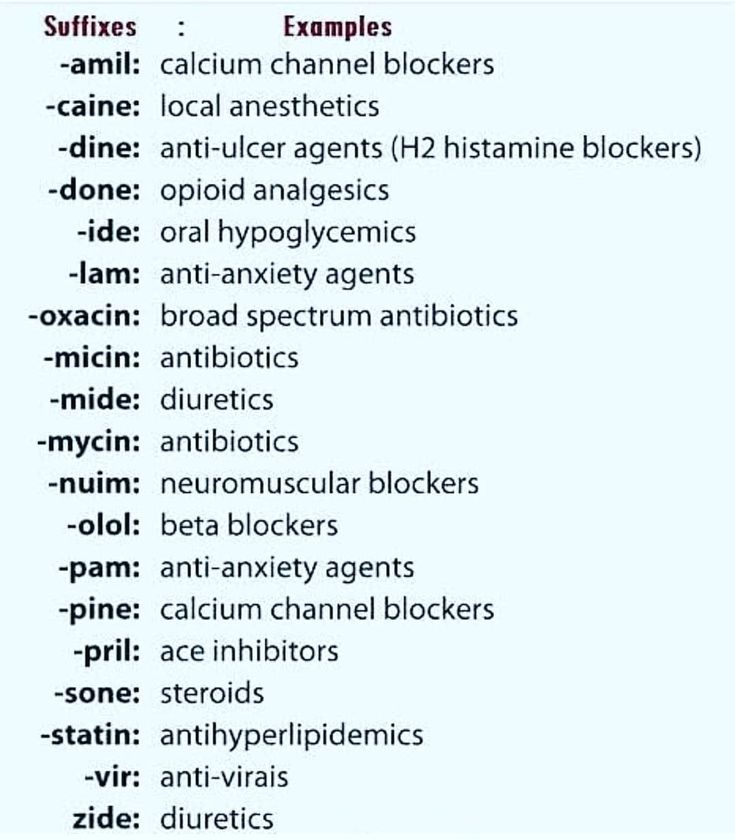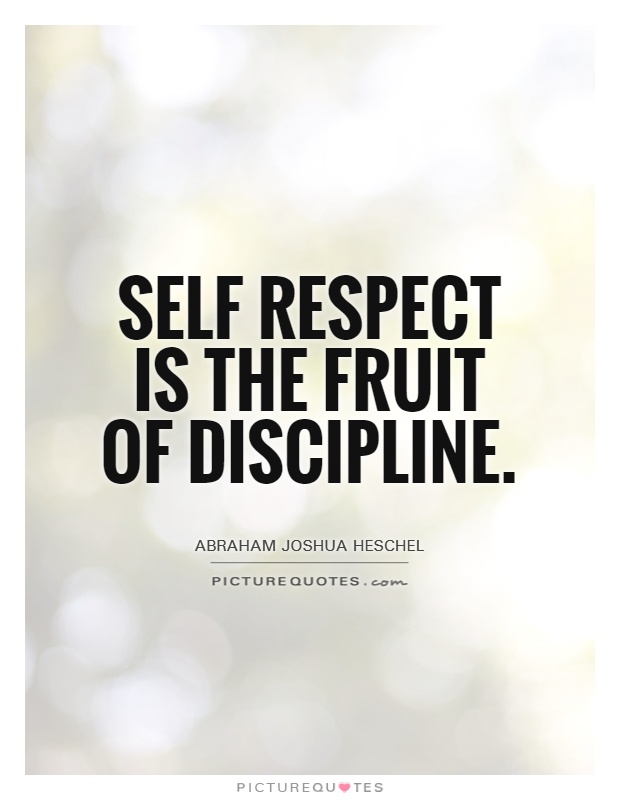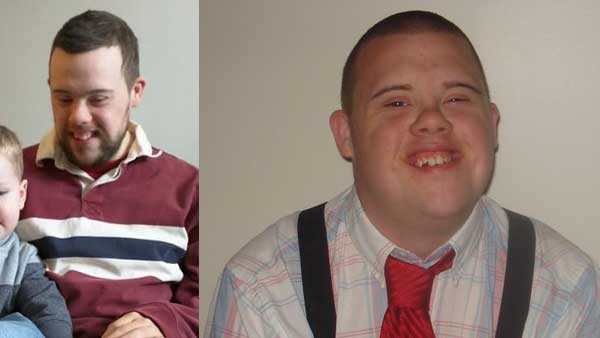Alone during the holidays
13 Coping Ideas for Those Who Will Be Alone for the Holidays
Medically reviewed by Nathan Greene, PsyD — By Sarah Fielding on October 28, 2020
Let’s get this out of the way first: Being alone over the holidays doesn’t mean you’re unloved or failing at life. Connecting with people in person is tough right now, and seeing loved ones — especially those who live far away — might not be an option. So, as the holidays inch closer, it’s understandable if you’re anticipating feeling lonely.
As a society, we’ve gotten used to the nostalgic images of holidays being full of family, food, travel, and quality time. If the picture changes or one of the aspects is missing, something feels off.
“Childhood memories of feeling together and having loved ones close can accentuate feelings of loneliness when that is not the case as an adult,” explains Dr. Gail Saltz, clinical associate professor of psychiatry at the NY Presbyterian Hospital Weill-Cornell School of Medicine and host of the podcast “Personology.
”
“Socially and culturally, this idea of being surrounded by loved ones is reinforced, and when you are alone, or even not alone but still feel lonely, this difference in expectation can make you feel quite lonely.”
For many people, holidays have a tendency to dredge up past sadness.
“Individuals often have time away from work and fewer distractions and may begin to ruminate about lost relationships or loved ones who have passed away,” says Dr. Leela R. Magavi, psychiatrist and regional medical director at Community Psychiatry. “Post-traumatic symptoms may emerge or worsen around the holidays and exacerbate feelings of loneliness.”
Magavi stresses that spending this time alone isn’t something to blame yourself for. Being alone for the holidays is simply a statement about your environment, not your ability or your worth. Let’s look at some actionable steps you can take to feel fulfilled during the holidays.
1. Treat yourself in a memorable or nostalgic way
As long as you’re not spending outside your budget or doing something inadvisable, it’s perfectly fine to treat yourself this holiday season.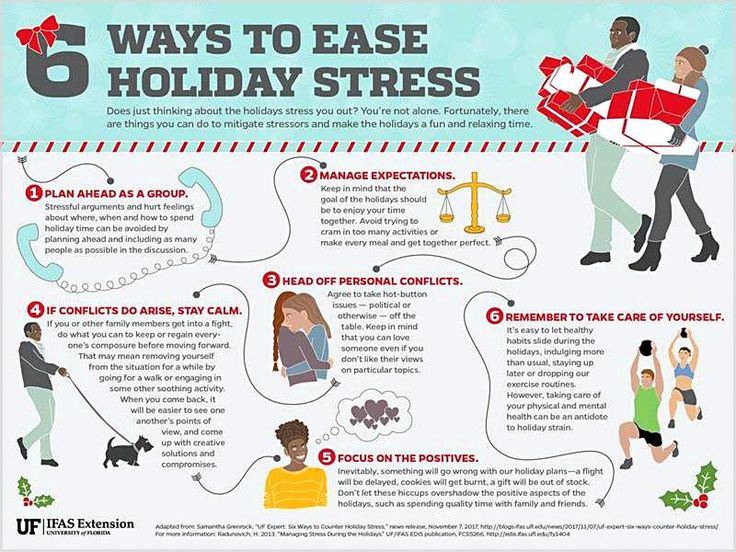
It could be by diving into a book you’ve been eager to read, taking a weekend getaway to your favorite spot, or taking a day off to relax. Taking care of yourself can go a long way toward protecting your emotional health.
“Self-compassion, gratitude, and positive affirmations help improve self-esteem and decrease feelings of loneliness longitudinally,” says Magavi.
2. Remember what (and who) you still have
It’s easy to fixate on who you can’t be with over the holidays and forget about the ones you can be with. Actively work on growing your relationship with one or two people you can rely on.
“This means calling, Zooming, or distantly getting together with them, talking about your feelings, strengthening the bond, and being willing to be vulnerable with them,” says Saltz.
You are far from the only person feeling lonely this holiday season, and you may be surprised how eager others are to connect if you give them a chance.
3. Set whatever tone you want
One of the best things about being an adult is that you make the rules (mostly). There’s no one way the holidays should look for everyone — and an upside to spending the holidays alone is that you get to decide exactly what yours will look like.
There’s no one way the holidays should look for everyone — and an upside to spending the holidays alone is that you get to decide exactly what yours will look like.
So, feel free to enjoy your latkes, stuffed turkey, or sushi instead of Christmas ham as you blare songs your family members could never tolerate.
On the other hand, don’t feel like you have to be in a celebratory mood. If you’re sad or disappointed to be spending a holiday alone, let yourself feel those feelings and process them in whatever way makes sense for you — maybe by journaling, making art, or listening to your go-to “sad songs” playlist.
4. Create new traditions with your substitute family
Get people you love together (either in person or over video chat) and decide on some new activities or traditions to start as a group. It could be an epic virtual game night, a dance party using your favorite playlists, or a no-holds-barred emotionally raw conversation.
Just because you aren’t with blood relatives doesn’t mean you’re away from family.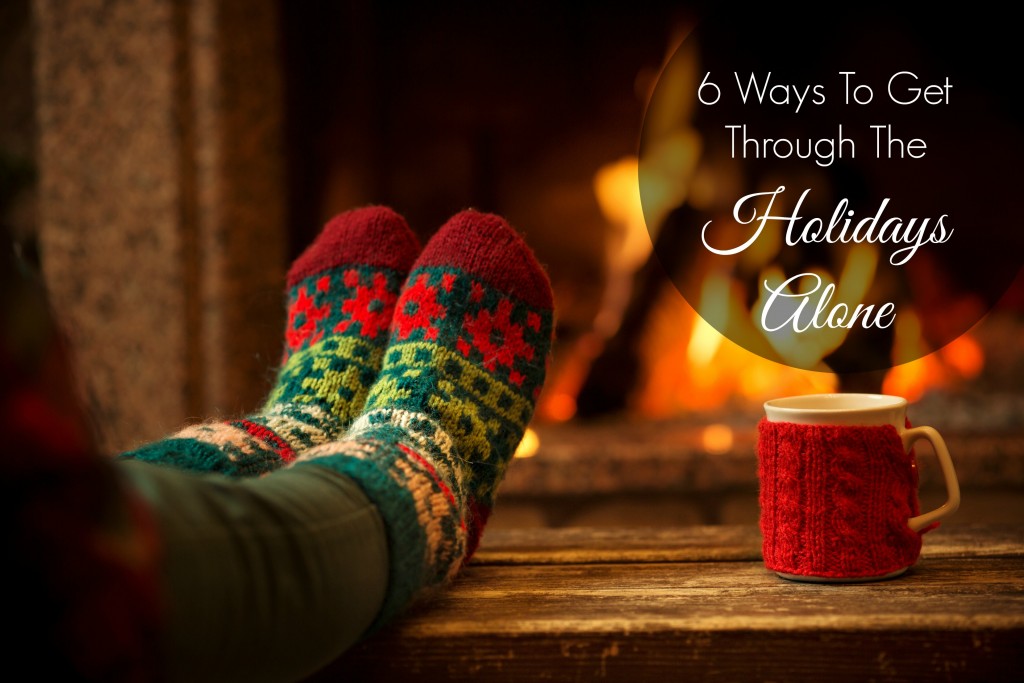
5. Reset expectations
Whether it’s dinner at your aunt’s house every year or pie from the bakery in your hometown, you probably associate certain traditions with the holidays. But if this year has taught us anything, it’s how to be flexible and embrace the unexpected.
Try to find joy in trying something new, like trying the pie from the bakery near your apartment that always looks so good.
6. Volunteer your time
Yes, it’s easy to sit at home and feel sorry for yourself, but why not get up and help others instead? Bonus: You can even do it from the comfort of your bed.
“Whether remote or in person, helping others can combat loneliness. It is another way to feel connected to other people and makes for an opportunity to meet new people surrounding a cause that you care about,” says psychotherapist and clinical director Tasia Milicevic MSW, LCSW.
7. Practice hospitality
Why not also do something nice for the people around you? It can be as small as leaving them a little treat and a nice note. Choose a dish that always makes you happy at this time of year or a recipe you’ve been eager to try and share it with your neighbors.
Choose a dish that always makes you happy at this time of year or a recipe you’ve been eager to try and share it with your neighbors.
8. Get in touch with your spiritual side
Take time to think about what the holidays mean to you, what you’re looking for in the new year, and the beauty and complexity of being human, even when it’s hard to find.
Perhaps try some introspective or spiritual books that you may not have given attention to before. Some often recommended titles include “The Prophet” by Kahlil Gibran, “When Things Fall Apart” by Pema Chodron, and “Wise Heart” by Jack Kornfield.
9. Be strategic (and consistent) about combating loneliness
There are so many little ways to create a connection with others.
“Exercise or engage in an activity where you will interact with other people,” says Milicevic. “If you join a group or class that meets the same day and time consistently, you will begin to experience a sense of belonging and feeling connected to others.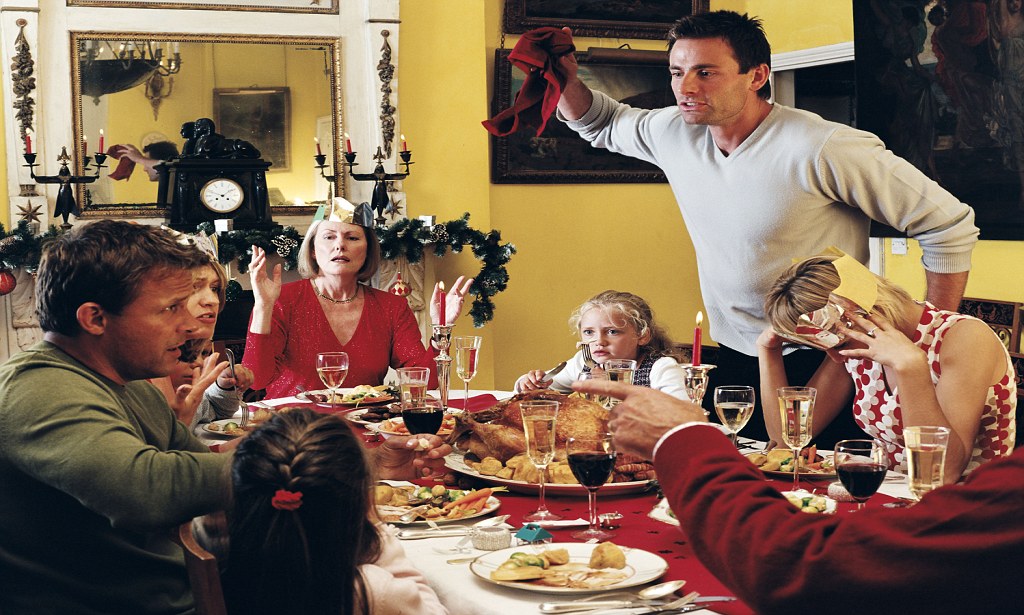 ”
”
10. Start a gratitude journal for the holidays
There’s something undeniably freeing about releasing your thoughts onto paper. Magavi recommends creating short journal entries daily with letters to yourself and complimentary messages.
“I advise everyone to keep journaling fluid, fun, and creative,” she says. “Individuals can rejoice about any small victory. Some individuals even draw pictures linked to the content and share their journal and gratitude with others.”
11. Share your appreciation of the people in your life
When was the last time you thanked your barista for always adding an extra shot in your coffee?
“Writing thank you letters to loved ones or simply thanking others could release neurochemicals responsible for happiness, motivation, and the alleviation of stress,” says Magavi.
It will make you feel good too. “Thanking others also allows the one giving gratitude to appreciate the small things in life and live life mindfully,” she says.
12. Have a TV marathon
There’s nothing wrong with escaping into something entertaining. “Indulging in a fictional world is a good distraction to combat loneliness,” says Milicevic.
Rewatch your favorite TV show or start a joyous holiday fan favorite.
13. Attack the day
Every day that you wake up and set a goal — even just a little one — is a win. Plus, creating a reliable pattern is a good distraction from the abnormal.
“Routine and consistency are key,” says Milicevic. “Filling your days — in therapy, we call this behavior activation — gives you less time to ruminate on negative thoughts and feelings.”
Implementing these tips is a great way to get out of a solo holiday funk. But if your feelings of loneliness persist or get worse after the holidays, consider talking to a mental health professional.
“Individuals with chronic loneliness may experience symptoms of depression and anxiety, which impair their functionality. In such cases, I always advise individuals to receive professional help,” says Magavi.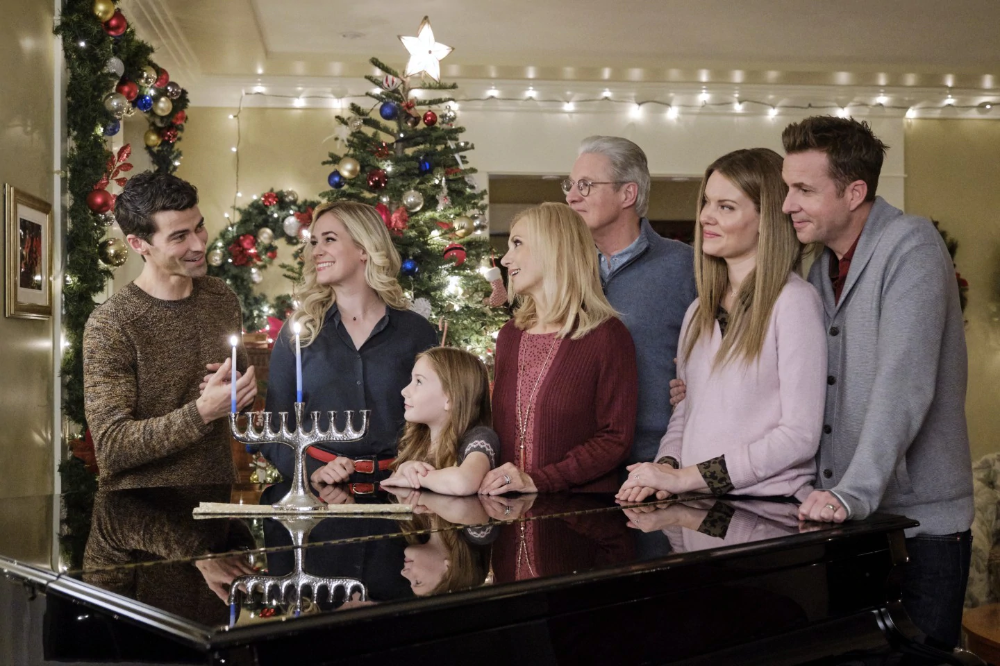 “This allows them to identify their anxiety pattern and tackle this by reframing thinking and partaking in healthy behaviors.”
“This allows them to identify their anxiety pattern and tackle this by reframing thinking and partaking in healthy behaviors.”
Prescription anti-anxiety or depression medication may help you cope with these negative feelings.
If you’re engaging in potentially harmful behaviors like restrictive eating, misusing alcohol or drugs, compulsive spending or gambling, lashing out at others, or injuring yourself, or if you’re contemplating suicide, Saltz strongly recommends seeking help.
“Exploring and processing negative feelings such as loneliness will enable the person to identify and utilize effective coping strategies,” she says.
If you want to seek help but can’t start therapy immediately due to the cost or long wait time, at the very least, meet with a primary care physician to discuss what you’re experiencing.
They may be able to prescribe medication and provide more accessible options for mental healthcare. Trusted friends or family members are also excellent options for support — especially if you’re looking for help in changing your habits.
All in all, we can’t always predict the changes or challenges we face. And it’s true that many of the changes may be a little tough to process. While there are worthwhile ways to get some value out of your holiday season alone, it’s important to remember that your feelings (including loneliness) are valid.
As we work to navigate uncertain times, let’s hold onto what we know makes us feel whole and fulfilled.
Sarah Fielding is a New York City-based writer. She covers social justice, mental health, health, travel, relationships, entertainment, fashion, and food.
Single and Alone for the Holidays? 6 Strategies for Surviving and Even Thriving the Holidays Alone
Sally Connolly, LCSW, LMFT has been a therapist for over 30 years, specializing in work with couples, families and relationships. She has expertise with clients ...Read More
Are you single and feeling lonely and alone this holiday season? If so, you are not alone…in those feelings.
What is it about the holidays that makes single people feel more lonely than at any other time in the year?
Some of it is because of the media. Movies, television shows and even commercials share stories that can highlight the “different-ness” of those not coupled. Holiday invitations and parties include spouses and guests and attending alone can feel lonely.
The holidays tend to highlight many emotions, both good and bad. When loneliness is prevalent, it is often hard not to focus on the alone and loneliness more than other emotions and thoughts.
Explore Your Options Today
There are, however, things that you can do to build a way of thinking and acting that allows you the ability to enjoy your life, even when you are alone. Here are some strategies for you to employ right now to help you survive and maybe even thrive through this season.
1. Accept the Fact that you ARE Single and Embrace the Good Parts of “Single-hood”.
Don’t allow thoughts or feelings of desperation to seduce you into doing things that do not fit with who you are just to find a partner.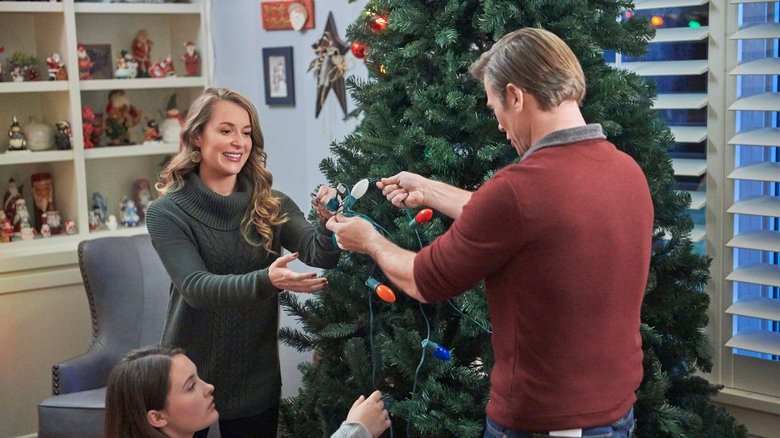 This is especially important if you are newly single. Take things slowly and learn to appreciate the many good things of being “un-partnered”.
This is especially important if you are newly single. Take things slowly and learn to appreciate the many good things of being “un-partnered”.
You may need to spend some time grieving a lost relationship. If that is the case, then talk out loud about it. Write about it. Cry about it, if that helps. Do a little work to understand the meaning of it in your life and then find ways to let it go, at least for awhile.
Be kind to yourself.
2. Meet the Holidays with Realistic Expectations
You may fantasize about your hopes and dreams for the holidays, however, it may only BE hopes and dreams. Be realistic about yourself and your life as you move into the holidays.
Look for small positive things and focus on them rather than what is missing. Look for ways to create meaning in these holidays for yourself that are realistic.
3. Share the Holidays with Others
This may be a good time to spend with another family … or not. Sometimes when you are with others who are connected, it only makes your connections more noticeable. Have a conversation with yourself and decide whether or not this is a good plan for you.
Sometimes when you are with others who are connected, it only makes your connections more noticeable. Have a conversation with yourself and decide whether or not this is a good plan for you.
Instead, you might want to pass the word around the office or neighborhood that you will be on your own and find out if there are others who might be alone as well.
Start an “orphan family” tradition for others who are also without family. Adopt each other for the season.
4. Develop an Attitude of Gratitude
Rather than focusing on what is missing, pay attention to the goodness present. Begin a holiday gratitude journal by writing each night about what you are grateful for that day.
The more that you think and talk about the good in your life, the more you will feel the good in your life. When you change your thoughts and actions, feelings will eventually catch up.
5. Do Something for Others
Do something for others even if you don’t think you will receive thanks.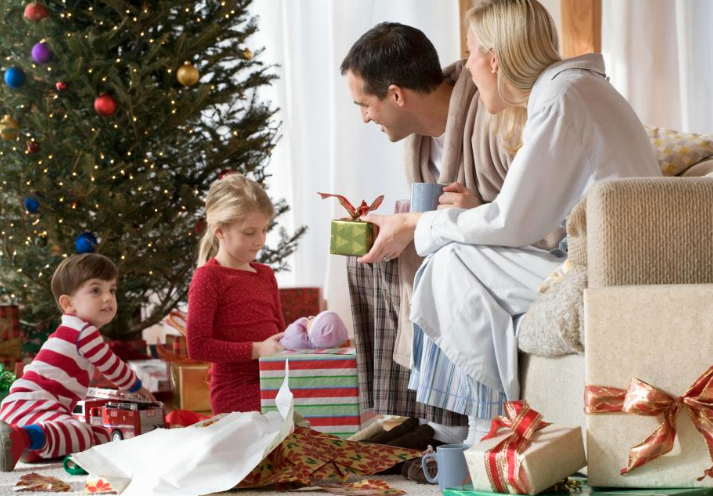 The act of thinking about another person and doing something special for them helps put your own life in a different perspective. It feels good to help someone else and lift their burden.
The act of thinking about another person and doing something special for them helps put your own life in a different perspective. It feels good to help someone else and lift their burden.
6. Honor Some Old Rituals and Consider Developing New Ones
Rituals help promote a sense of well-being. Old ones can provide a sense of continuity through times of transition while developing new ones aids in accommodating to new situations.
Evaluate which rituals you want to keep and consider developing any new ones that might mark the positive things about you or your life right now.
Above all, remember that the holidays are only a few weeks. They do not last forever and you will find yourself ready to embark on a new year.
Keep Reading By Author Sally Connolly, LCSW, LMFT
Read In Order Of Posting
Holidays in the 2021-2022 school year at school: autumn, winter, spring, summer
From year to year there are proposals to shorten or move the beginning of the school year.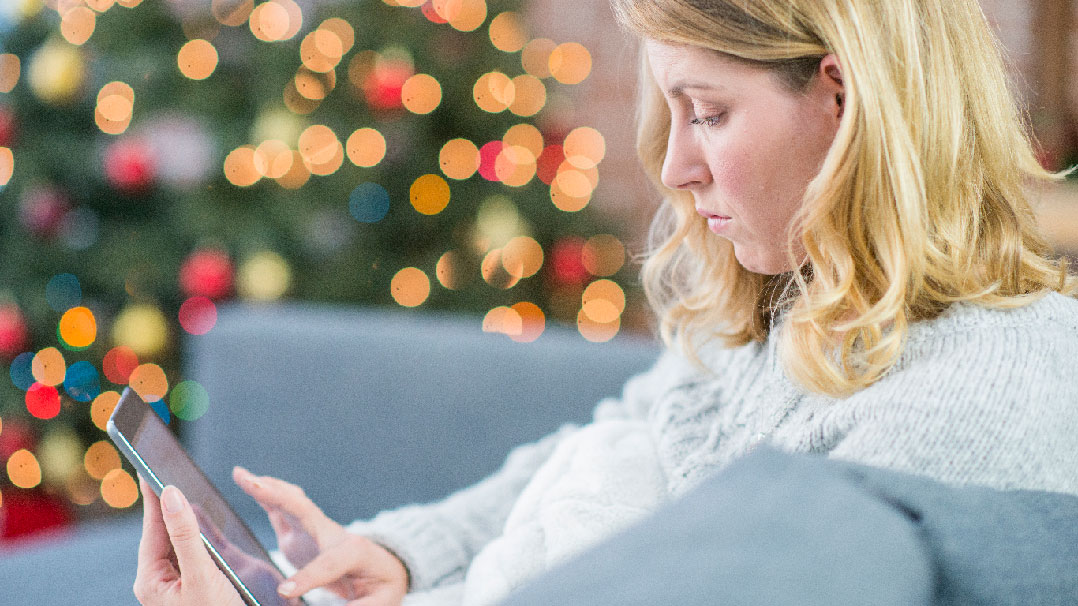 Komsomolka found out how schoolchildren rest and how long will the holidays last in the 2021-2022 academic year
Komsomolka found out how schoolchildren rest and how long will the holidays last in the 2021-2022 academic year
Ksenia Konyukhova
Journalist "KP"
Maria Zarbalieva
Alekseykin Journalist CEO of
TalentTech digital education development area,
founder of Foxford online school
So far, the three summer months of rest remain untouched. We are sorting out what the school vacation schedule will be like in the 2021-2022 academic year in order to plan holidays with the whole family in advance.
Quarters or trimesters?
Many schools are now moving from traditional quarters to trimesters. At the same time, according to the law, study and vacation time are equal in them, but vacation days are distributed unevenly throughout the year.
With the traditional quarter system , each of the four quarters ends with vacations.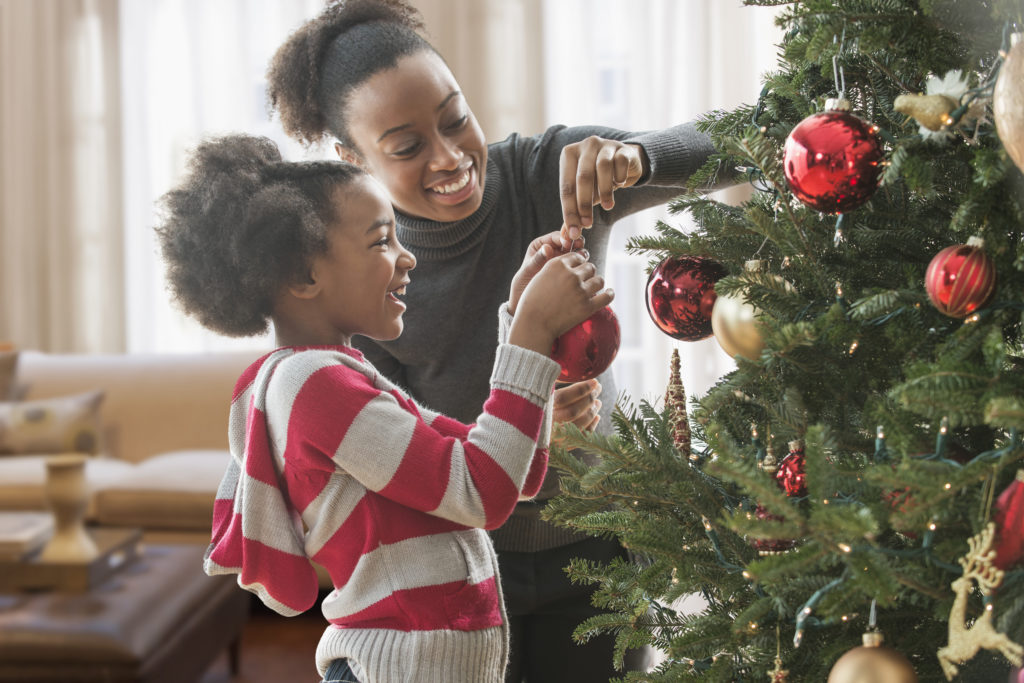 Before the holidays, grades are given, and schoolchildren with a clear conscience go to rest.
Before the holidays, grades are given, and schoolchildren with a clear conscience go to rest.
The disadvantage of this system is that the quarters are very unequal. The second flies by, you won't have time to look back. And if a child gets sick for a couple of weeks, problems arise: how to evaluate him in subjects that go, say, once a week.
The third quarter, on the contrary, is very protracted. Pupils get tired, get sick a lot and come to the finish just exhausted.
“Most schools in Russia study according to the classical quarter system,” comments Alexey Polovinkin, CEO of TalentTech digital education development, founder of Foxford online school. - It can hardly be called ideal, because it distributes the teaching load unevenly: the third quarter lasts as much as 11 weeks, and the second and fourth - seven. It turns out that with such a system, a quarter is either too long, like the third, or too short, like the second.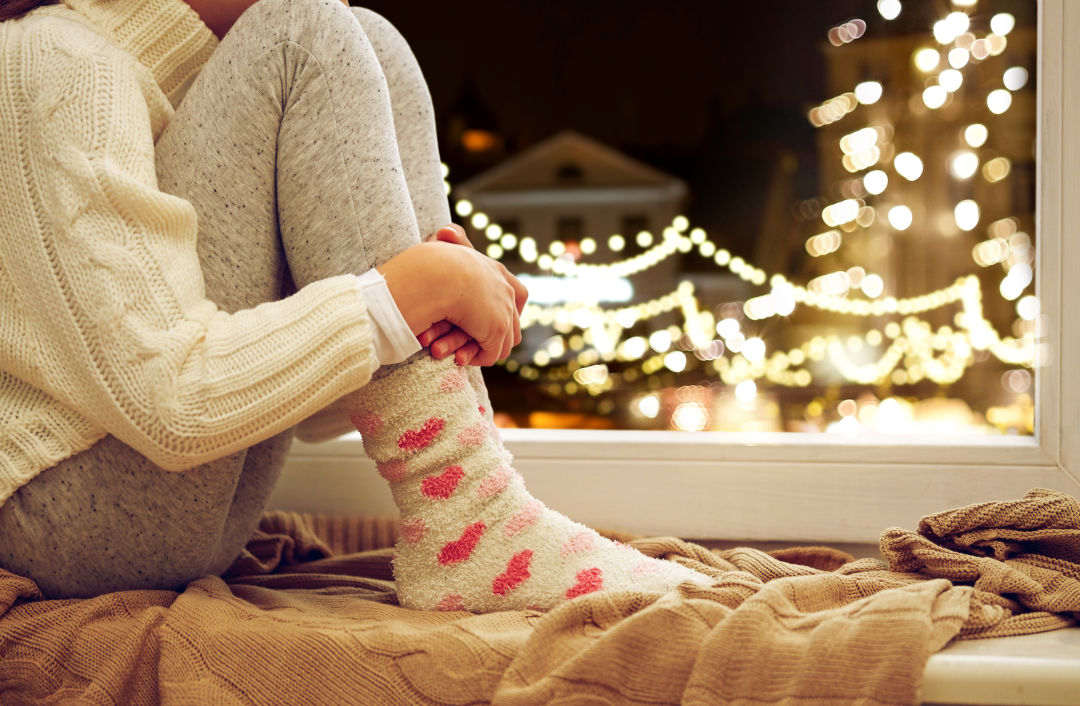 The child either just got involved in work, as the holidays come, or he studies with his last strength and waits for rest. Of course, if this system did not have positive aspects, so many schools would not choose it. One of them is the completion of the quarter by grading. The child understands that he has worked, sees the result and goes to rest. Another plus is that if the child is studying at an art, sports or music school, then the holidays will coincide.
The child either just got involved in work, as the holidays come, or he studies with his last strength and waits for rest. Of course, if this system did not have positive aspects, so many schools would not choose it. One of them is the completion of the quarter by grading. The child understands that he has worked, sees the result and goes to rest. Another plus is that if the child is studying at an art, sports or music school, then the holidays will coincide.
modular and trimester systems are deprived of these shortcomings - when the academic year is divided into equal intervals. With a modular system, this is 5 weeks of training, followed by a week of vacation. With a trimester - three months, that is, two modules of five weeks each with holidays in between.
The shortcomings of the trimester system include the fact that vacations do not become the logical conclusion of the study period, as in the quarter system. Where you did your best, got good grades for a quarter - and walk boldly. Under the trimester system, children can go to school on Monday, and they will be given trimester grades on Wednesday, since the next school period ends on Wednesday. But, on the other hand, it motivates you to take a more responsible attitude to your studies throughout the year, and not just before the end of the study period.
Where you did your best, got good grades for a quarter - and walk boldly. Under the trimester system, children can go to school on Monday, and they will be given trimester grades on Wednesday, since the next school period ends on Wednesday. But, on the other hand, it motivates you to take a more responsible attitude to your studies throughout the year, and not just before the end of the study period.
“Trimester education looks more comfortable for schoolchildren,” says Alexey Polovinkin. - In five weeks, the guys do not have time to get tired, but there is another problem: as soon as they tune in to study, the holidays come - and the cycle repeats again. Junior and middle school students are unlikely to realize this, but high school students who are determined to enter, feel it more sharply. Compared to quarters, there is a feeling of incompleteness, because the assessment is set at the end of the trimester (after three months).
Holidays for children during the school year become longer, and this is inconvenient for parents who do not have the opportunity to take their child during school breaks.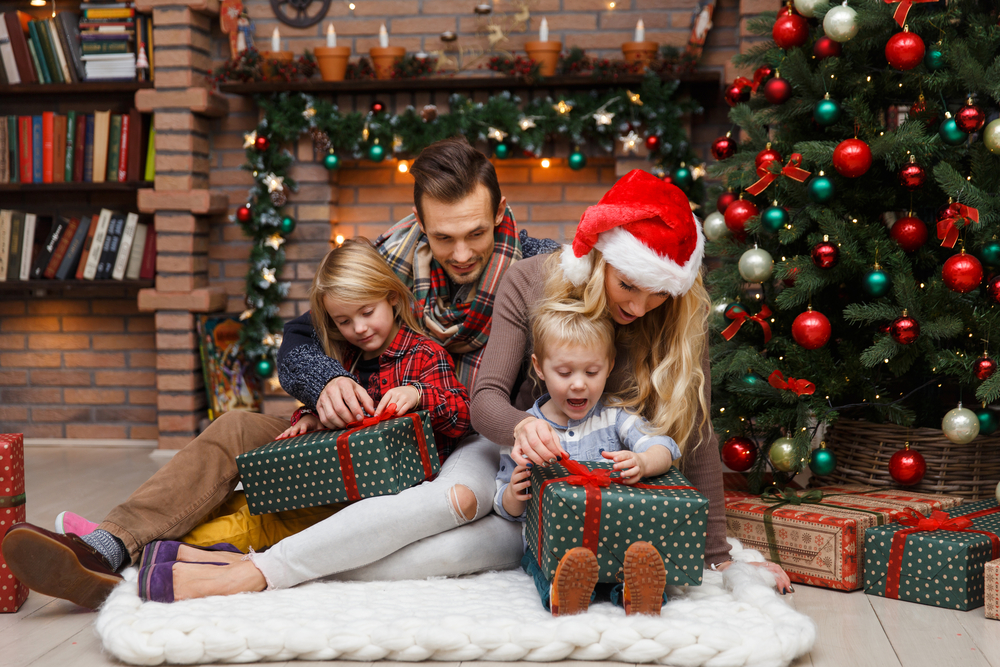 Not every employer will allow you to take a vacation every five weeks. But children rest more evenly, the incidence decreases in the spring. And there are more grades in each training period, so even if the child missed a week or two, he will certainly be certified.
Not every employer will allow you to take a vacation every five weeks. But children rest more evenly, the incidence decreases in the spring. And there are more grades in each training period, so even if the child missed a week or two, he will certainly be certified.
Interesting things
What to pack for your trip
According to statistics, every third Russian travels with his family. The "Rest in Russia" project has collected a list of the most necessary things and documents that parents with children will need
| More details |
the result of his work, but he manages to accumulate a sufficient number of grades for objective certification for the trimester. Children usually like the fact that they leave for the New Year holidays without grades. If suddenly they did not study as well as they would like, they will still have time to correct everything, and the holidays will pass without thinking about bad grades.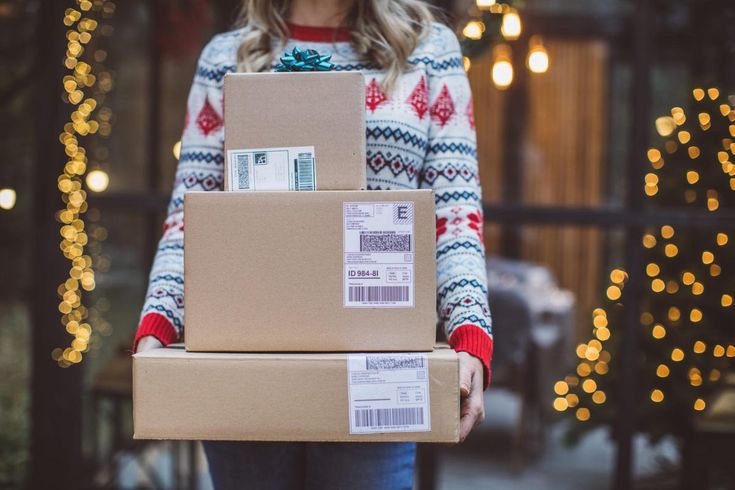 Another plus for children is a more objective annual mark. For example, if a child has two fours and two fives in the quarters, then it remains to be seen what the teacher decides to put. With the trimester system, there are no such fluctuations, because there are three final marks.
Another plus for children is a more objective annual mark. For example, if a child has two fours and two fives in the quarters, then it remains to be seen what the teacher decides to put. With the trimester system, there are no such fluctuations, because there are three final marks.
Despite the external similarity of the modular and trimester training systems, there are significant differences between them, which relate to both the curriculum and the peculiarities of the distribution of rest time.
— A modular system involves deep immersion in one or more related subjects over a certain period, such as a month, says Alexey Polovinkin. - It is more common in private or profile schools, where they experiment with teaching formats more often. You almost never meet her in an ordinary school, because it is difficult to organize a rotation of teachers here. From the point of view of the quality of education, it is more effective: schoolchildren show a higher percentage of residual knowledge.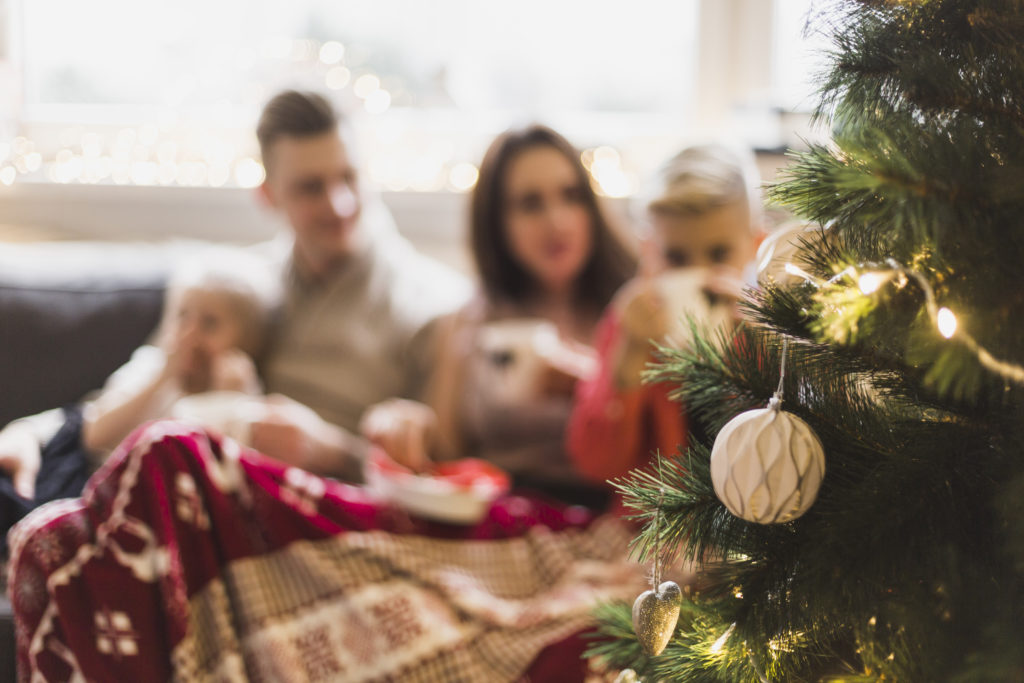 There is an explanation for this. Imagine that at work you need to complete tasks not for one or two projects, but for 6-7 every day. Tomorrow - 6-7 others, and they will also alternate: some must be performed once a week, some - three times. Can you switch and do each equally effectively? Hardly.
There is an explanation for this. Imagine that at work you need to complete tasks not for one or two projects, but for 6-7 every day. Tomorrow - 6-7 others, and they will also alternate: some must be performed once a week, some - three times. Can you switch and do each equally effectively? Hardly.
In the modular system, education often continues until July, which means that the summer holidays are shortened by a month. Thus, the load during the school year is distributed more evenly. There is a positive moment in this, because the summer holidays in Russia are very long. When compared with European countries, only schoolchildren in Italy and Bulgaria also have a rest for 14-16 weeks in the summer. This has a detrimental effect on the concentration of children. To maintain tone, parents try to send their children to camps or summer schools.
There is also training for bimester . But it is not very common in Russia. In the Moscow region, for example, there are only a couple of such schools. There are 5 training modules for 7 weeks. Between them 2 weeks of rest. And summer holidays are shorter. Schoolchildren study in June inclusive.
There are 5 training modules for 7 weeks. Between them 2 weeks of rest. And summer holidays are shorter. Schoolchildren study in June inclusive.
We remind you that the total number of rest days is the same for all systems. This is 30 days during the school year (for first graders - 35 days) and three months in the summer.
Summer holidays for elementary school students usually start on 24 (25) May. But older children and those who have a trimester system at school study longer - until June 1. Pupils 9and 11 classes because of the GIA and the Unified State Examination study until the beginning of July.
The school will decide when the holidays are. This decision is made at a meeting of the governing council, which includes not only teachers and administration, but also representatives of parents and the students themselves.
The Ministry of Education (formerly the Ministry of Education and Science) usually publishes recommended vacation schedules for different educational systems, which take public holidays into account.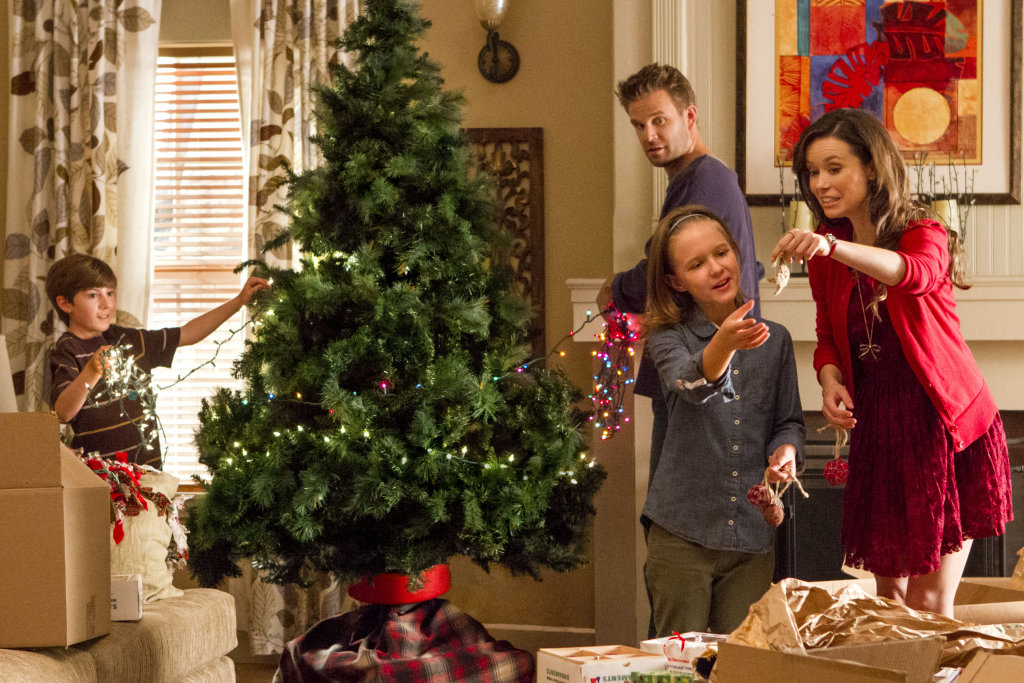 But the school can adjust this schedule to suit its needs - for example, holidays can start a couple of days earlier or later.
But the school can adjust this schedule to suit its needs - for example, holidays can start a couple of days earlier or later.
Therefore, it is better to look for the final schedule of vacations and holidays adopted by the school on its official website - it should be published no later than September.
Vacation schedule for those who study in quarters
Traditionally, schoolchildren who study in quarters rest for 7 days in autumn and spring and two weeks in winter. Taking into account the New Year and the November holidays, the school administration may add two more days to the autumn or winter holidays.
The approximate vacation schedule is as follows:
- Autumn holidays - from October 25 to October 31, 2021.
-
- Winter holidays - from December 27, 2021 to January 9, 2022.
- Spring break - March 21-27, 2022.
There are additional holidays for first-graders - they will be held from February 7 to 13.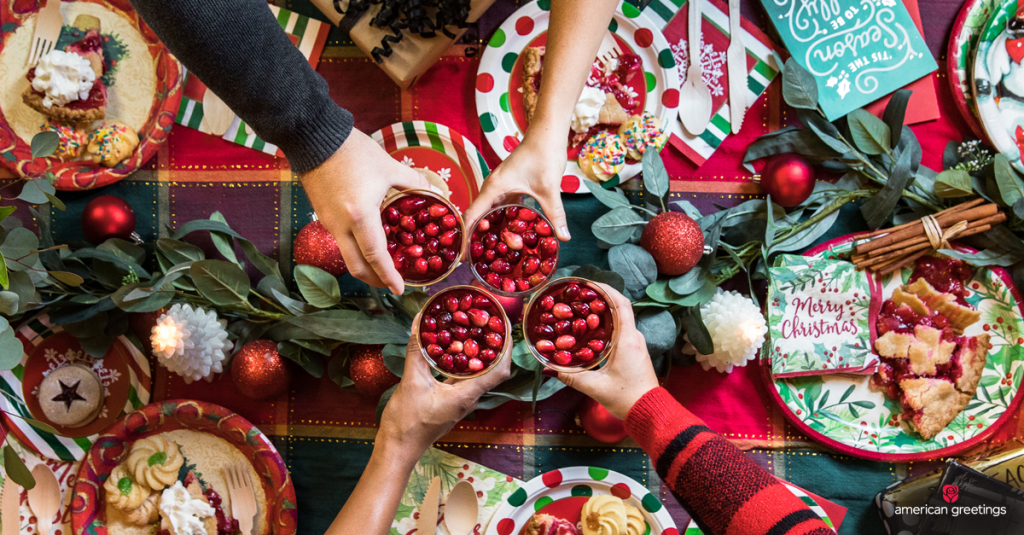 This is necessary in order to dose the load and not to overwhelm the baby with studies from head to toe. Such additional vacations will help those who are lagging behind catch up with the rest, and those who are already doing well with their studies can simply take a breath.
This is necessary in order to dose the load and not to overwhelm the baby with studies from head to toe. Such additional vacations will help those who are lagging behind catch up with the rest, and those who are already doing well with their studies can simply take a breath.
Vacation schedule for those who study in semesters or modules
The vacation schedule for these systems is almost the same, but each school can make adjustments to it. Typically, a module or semester is designed for 5-6 weeks, after which there is a week of vacation.
The schedule of modular or trimester holidays will be something like this:
- Autumn holidays: from 4 to 10 October and from 15 to 21 November 2021.
- Winter holidays will also be held twice - from December 27, 2021 to 9January 2022, and from 14 to 20 February 2022.
- Spring break alone - from 4 to 10 April 2022.
For trimesters, the schedule will be essentially the same. Under this system, the year is divided into three academic parts (autumn, winter and spring), with holidays in between and an additional week of rest in the middle of each trimester.
Under this system, the year is divided into three academic parts (autumn, winter and spring), with holidays in between and an additional week of rest in the middle of each trimester.
It's interesting
Gathering the child to the camp
What things to put in the child's backpack, and what should not be taken to the camp in any case. A hint to parents on how to determine that your child will do well on vacation
| More details |
Is it possible to change the holiday schedule?
If parents want to spend more time with their child on vacation and give him a better rest, it's okay to be a day or two late for school. In the first days of classes, teachers specifically do not give any serious workload in order to help students tune in to study and switch to work mode. The main thing is to find out the homework for the missed days, so as not to start a new quarter (or semester) with deuces.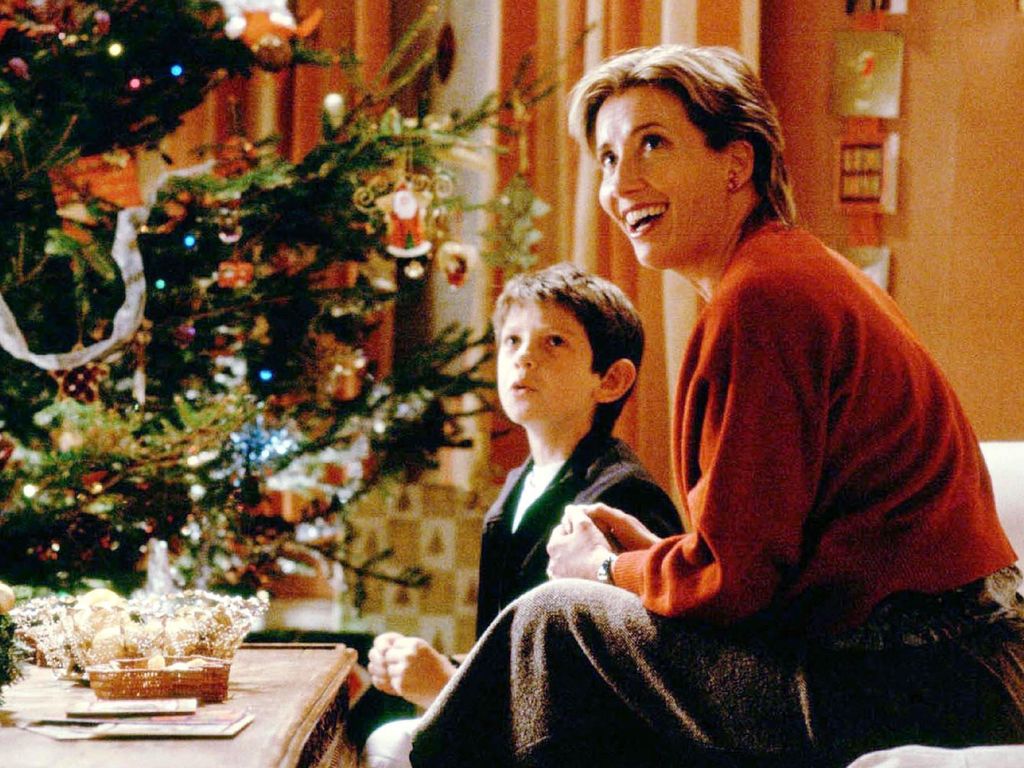
If the problem is much deeper and the parents see that the child is barely able to cope with the academic load, it is worth considering changing the schedule. Most often this is noticeable at the end of the third quarter when studying according to the traditional system. For this period, unfortunately, the most difficult topics in the program fall, and the lack of sun and vitamin deficiency exacerbate the picture. Trimesters and modules are simpler in this regard - there are no such long study periods and the time for rest comes earlier.
You can discuss the transition to another system of education at the parent meeting at the school, as well as by contacting the school's governing board directly. The decision is made after discussion and general voting. In order to correctly substantiate your position, it is better to discuss this idea with other parents of students and teachers, and stock up on support from them.
Holidays are the best time at school! Photo: Vladimir Velengurin
Expert opinion
Lyudmila Akovantseva, educational psychologist at the District Center for Psychological, Medical and Social Support of the Moscow Department of Education:
— Different schedules have pros and cons. With a modular system, children study and rest evenly, study and vacations begin on Monday. The guys do not have time to get very tired. But sometimes parents have to wonder what to do with the child so that he does not sit all week in front of the TV. The advantage of quarters is that they are more familiar to most parents, and theaters, entertainment facilities, as well as music schools, circles are guided in their schedule so far by them. But during the long third quarter, the students get very tired, there is even a special term "third quarter syndrome".
With a modular system, children study and rest evenly, study and vacations begin on Monday. The guys do not have time to get very tired. But sometimes parents have to wonder what to do with the child so that he does not sit all week in front of the TV. The advantage of quarters is that they are more familiar to most parents, and theaters, entertainment facilities, as well as music schools, circles are guided in their schedule so far by them. But during the long third quarter, the students get very tired, there is even a special term "third quarter syndrome".
This is interesting
What to do if the trip to the children's camp is canceled
Of course, you bought a ticket to the camp in advance, but what if the trip has to be canceled urgently? Instructions for parents on how to return the money spent
| More details |
Rules for safe behavior during the holidays
Ensuring the safety of children is the main task of an adult.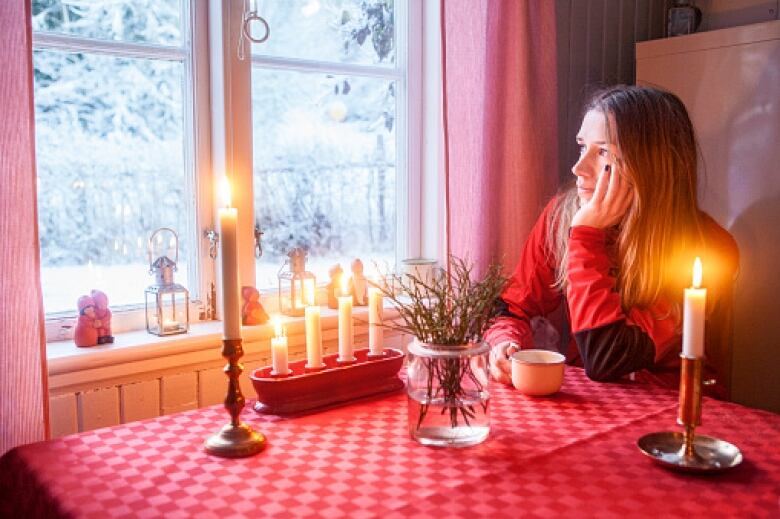 The older the child becomes, the more freedom he has and the more often he remains without the control of parents, educators, teachers.
The older the child becomes, the more freedom he has and the more often he remains without the control of parents, educators, teachers.
Safety and behavior of students during the holidays.
1. Follow the rules of traffic rules
2. Follow the rules of fire safety and handling electrical appliances
3. Follow the rules of behavior in public places
4. Follow the rules of personal safety on the street
5 Follow the rules of behavior when you are alone at home
6. Follow the safety rules when handling animals
7. Do not play with sharp, piercing and cutting, flammable and explosive objects, firearms and bladed weapons, ammunition.
8. Do not use drugs without a doctor's prescription, drugs, alcohol, do not smoke or sniff toxic substances.
Instruction #1. Rules of conduct when you are alone at home
1. Only a well-known person can open the door.
2. Do not leave the apartment key in a "safe place"
3.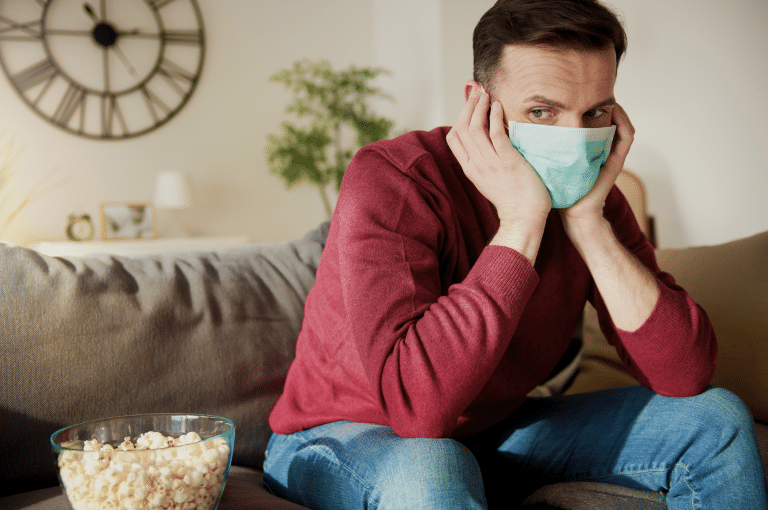 Do not hang the key on a string around your neck.
Do not hang the key on a string around your neck.
4. If you have lost your key, tell your parents immediately.
Instruction #2. Rules for personal safety on the street
1. If someone walks and runs after you on the street, but it's far from home, run to the nearest crowded place: to the store, bus stop.
2. If unfamiliar adults try to take you away by force, resist, shout, call for help: "Help! A stranger is taking me away!"
3. Do not agree to any proposals from unfamiliar adults.
4. Do not go anywhere with strangers and do not get into a car with them.
5. Never boast that your adults have a lot of money.
6. Do not invite strangers home if there are no adults at home.
7. Don't play after dark.
Instruction #3. Rules of the road
1. Walk on the sidewalk only on the right side. If there is no sidewalk, walk on the left side of the road facing traffic.
2.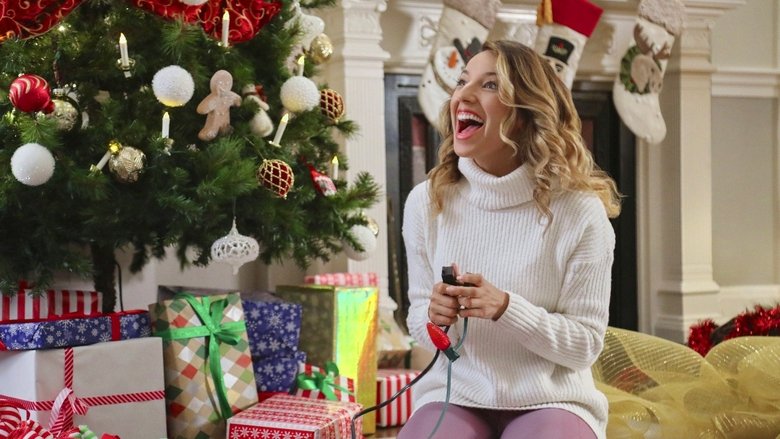 Cross the road at the place where a footpath is indicated or a traffic light is installed. Cross the road at the green light.
Cross the road at the place where a footpath is indicated or a traffic light is installed. Cross the road at the green light.
3. When crossing the road, look first to the left, then to the right.
4. If there is no traffic light, cross the road at the crossroads. You need to cross the street straight, not obliquely.
5. Do not cross the road in front of nearby traffic.
6. Games are strictly prohibited on the road.
7. Do not enter the road on a bicycle.
Briefing No. 4. Fire and Electrical Regulations
Prohibited:
1. Throw burning matches indoors.
2. Carelessly, carelessly handling fire.
3. Dispose of burning ashes near buildings.
4. Leave open the doors of stoves, fireplaces.
5. Connect a large number of current consumers to one socket.
6. Use defective equipment and devices.
7. Use damaged sockets. Use electric irons, stoves, kettles without stands made of fireproof materials.
8. Use electrical cords and wires with broken insulation.
9. Leave heating stoves unattended.
10. Do not pick the socket with your finger or other objects.
11. Repair and dismantle electrical appliances ourselves.
Permission:
1. Protect the house from fire.
2. In the event of a fire, call the fire brigade.
3. Use all available extinguishing media.
4. Sound an alarm.
5. Meet firefighters and inform them about the fire.
6. Know the fire escape plan.
7. Shout and call for help from adults.
8. Move by crawling or crouching if the room is heavily smoky.
9. Remove people and children from the burning building.
10. Throw a blanket over the victim.
Taking basic precautions is the key to your safety!
Safety during the autumn holidays...
Safety during the autumn holidays is ensured by the following rules of conduct:
General rules of conduct during the holidays must be observed.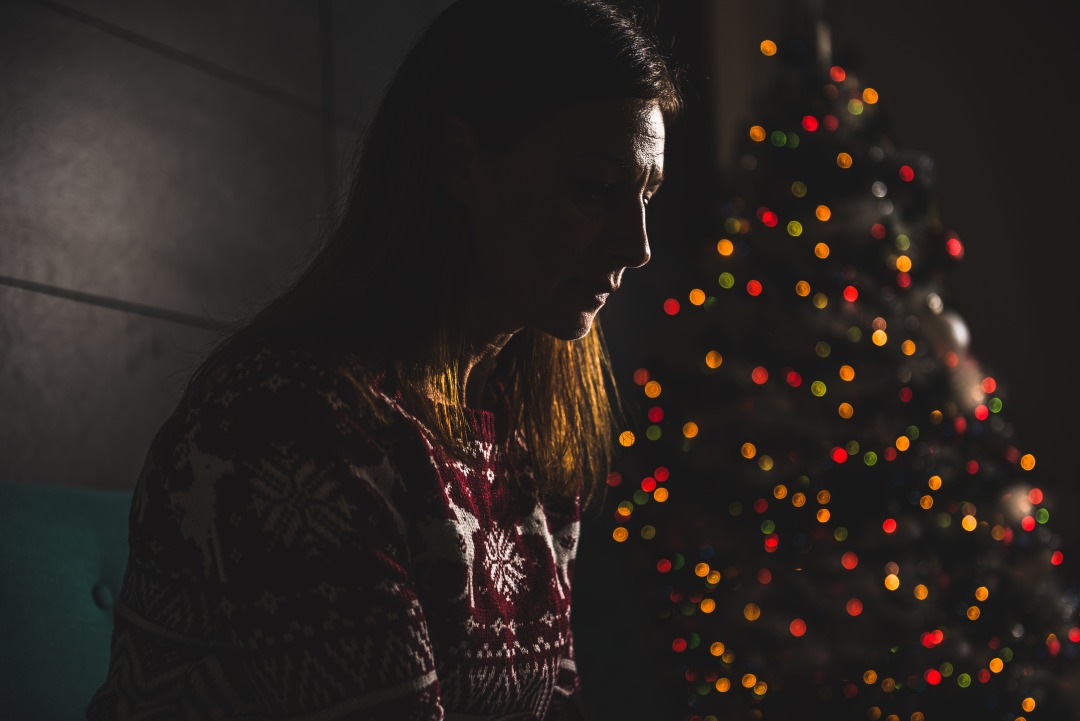
Being near water bodies, it is not recommended to enter the input.
It is not recommended to climb trees, walk along the edges of cliffs.
It is necessary to follow the rules of the road, both as a pedestrian and while riding a bicycle or scooter.
When hiking in the forest to protect against insects, it is recommended to wear a hat, long-sleeved clothing.
Safety during the winter holidays...
Winter holidays are a wonderful time of great fun and at the same time many additional risks.
You should be careful during ice: do not rush when walking, do not run, do not overtake passers-by.
It is required to observe safety rules near water bodies, do not walk on ice.
It is necessary to follow fire safety rules, be especially careful with firecrackers, fireworks, sparklers.
While skating, you must keep a distance of 3-4 meters, listen to the instructions of the instructor.
When skating, you must keep a distance from other skaters, try to get around people who skate poorly, as well as those who perform various tricks, in order to avoid collision.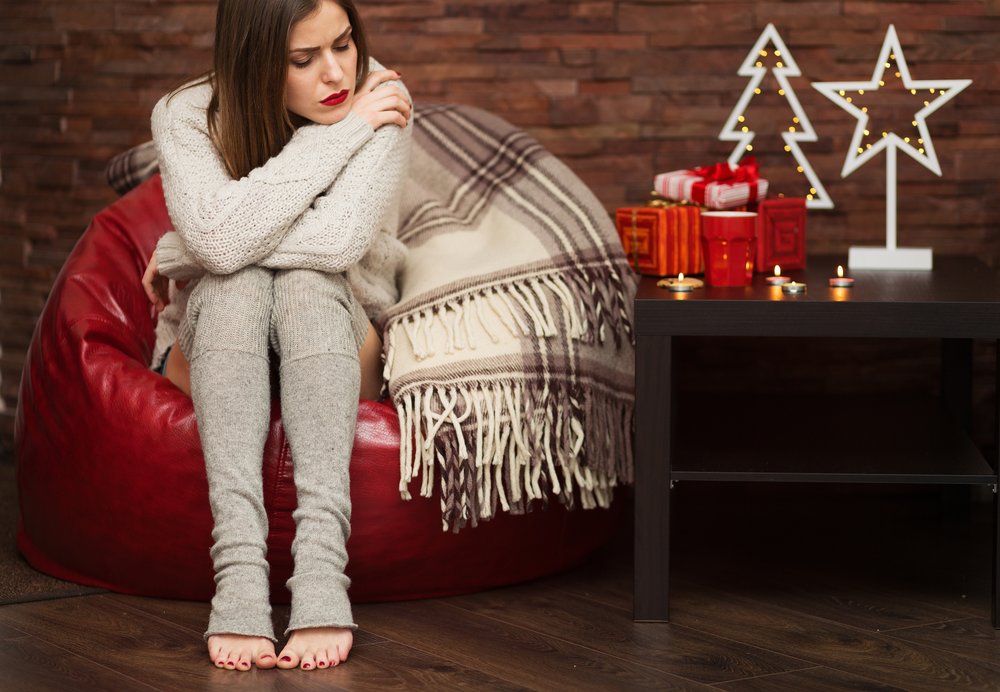
When falling on the rink, keep your arms close to your body and try to get back up as quickly as possible.
It is not recommended to walk near houses to avoid falling snow and icicles from the roofs....
Winter holidays - the guys have a lot of free time. Winter always pleases us with snow and frost. On the one hand, it's great: sleds, snowballs, on the other - slippery roads, the temptation to ride on the ice of the river, the opportunity to catch a cold. Be careful!
Spring break safety...
Spring break safety includes following general rules of conduct. However, there are also special requirements specific to this season. So, during spring break, the child should:
Do not walk along buildings, as icicles and snow can fall from the roofs.
Be extremely careful near bodies of water.
First of all, you should not go to water bodies without the permission of adults.
It is forbidden to approach bodies of water with melting ice, and it is also forbidden to ride on ice floes.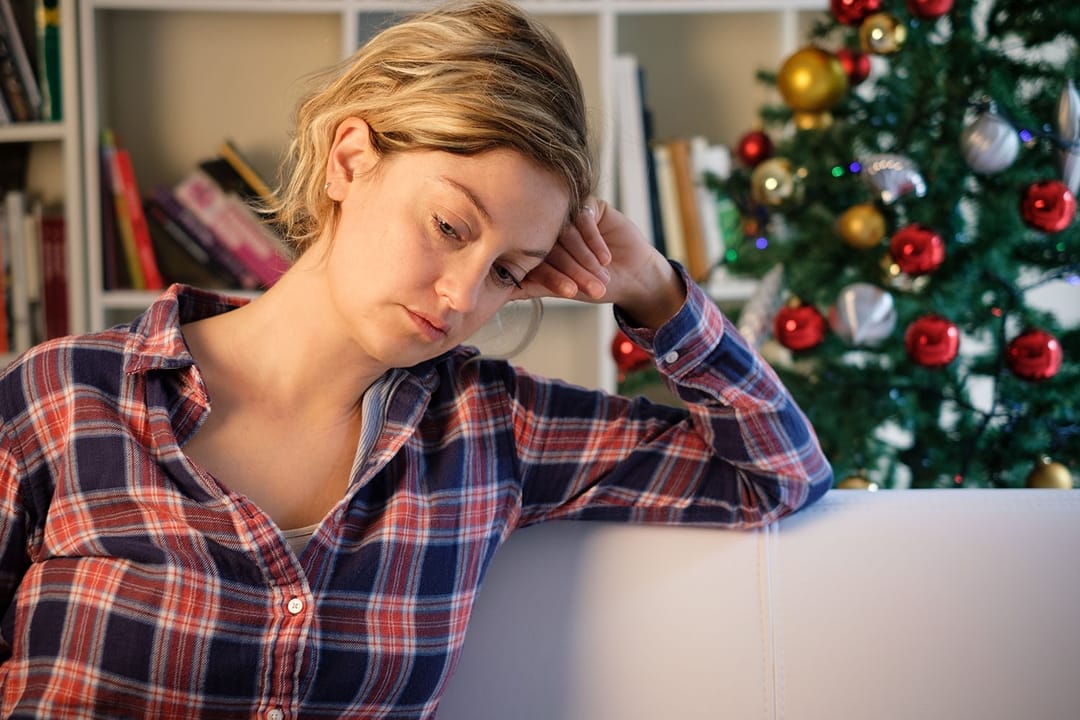
Be careful when riding a bicycle or scooter, follow the rules of the road.
When using a skateboard, roller skates, scooters, you must not only follow the rules for their use, but also remember that the roadway is not intended for them, and you need to ride only on the sidewalk.
When going to the forest, it is necessary to have a hat, because spring is a period of activity of ticks and other insects.
Also, don't climb trees....
Safety during the summer holidays
During the summer holidays, in addition to the basic list of safety rules, you must also adhere to the following:
Be sure to wear a hat during the summer holidays solar activity to avoid sun or heat stroke.
When you are near a water body, you must follow all the safety rules on the water: do not swim in places with a deep or unknown bottom, do not swim with large waves, do not swim behind the fences, do not stay in the water for too long, do not swim close to boats, sails, ships.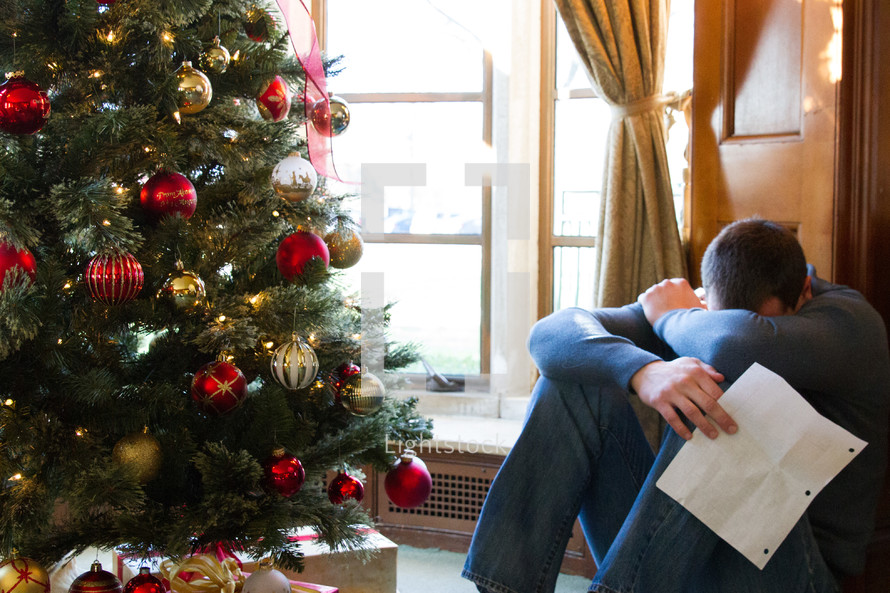
When hiking in the forest, wear a hat and long sleeves to avoid insect bites.
It is strictly forbidden to set fire to dry grass due to the risk of fire.
, when using scooters and bicycles, it is required to follow the rules of the road, when using skate, skates, scooters - to ride exclusively on the sidewalk ....
Security on vacation is an extremely important aspect of rest. That is why children must be familiar with the basic rules of behavior without fail. After all, as people say, forewarned is forearmed....
0217
1. Avoid all public places and public transport. Even during a walk, any contact should be avoided, especially gathering in companies for games;
2. Wash and disinfect hands after visiting any public places, transport, touching doorknobs, money. Pay special attention to thorough lathering (at least 20 seconds), and subsequent complete drying of hands;
3.
Learn more
